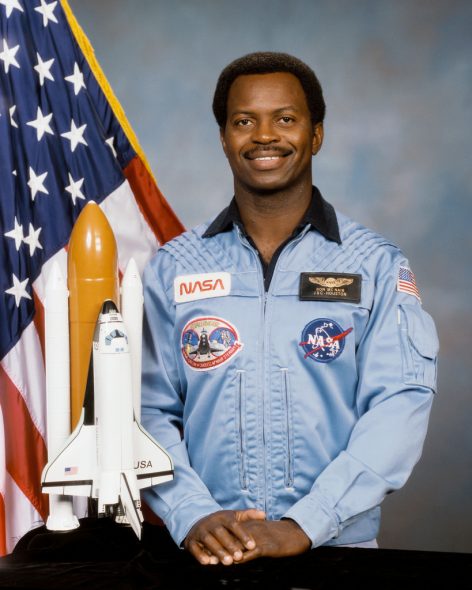Marquette University receives Department of Education grant to continue support of Ronald E. McNair Post-Baccalaureate Achievement Program
MILWAUKEE — The Educational Opportunity Program at Marquette University has received a $324,726 grant from the U.S. Department of Education to continue support of the Ronald E. McNair Post-Baccalaureate Achievement Program, one of the university’s five programs that motivate and support low-income and first-generation college students to enter and succeed in higher education.
The McNair Scholars Program prepares eligible students for graduate school. During the academic year, students attend monthly seminars, meet visiting scholars, and participate in student and professional conferences. The McNair director, program coordinator and graduate assistant are available to provide specialized academic advising, admissions and financial aid application assistance.
“The McNair Scholars Program is an asset to EOP because it motivates students to pursue advance degrees and consider careers that require a doctoral degree,” said Dr. Donte McFadden, director of the McNair Scholars Program. “The preparation that McNair provides enables low-income and first-generation students to understand the transformative power of cultivating and producing knowledge.”
Marquette’s grant was among $51.7 million awarded by the Department of Education to 189 McNair programs across the United States and Puerto Rico.
EOP was created as an institutional program under the leadership of Arnold Mitchem in 1969, who went on to serve as the president of the Council for Opportunity in Education. The program started with just 40 students and one staff member, but the incredible students, along with supportive faculty, staff, university leadership and the Milwaukee community, helped EOP flourish into what became a model for other college access and opportunity programs and the United States Department of Education’s federally funded TRIO programs, which are located on college campuses throughout the country.
NOTE: This press release was submitted to Urban Milwaukee and was not written by an Urban Milwaukee writer. While it is believed to be reliable, Urban Milwaukee does not guarantee its accuracy or completeness.
Mentioned in This Press Release
Recent Press Releases by Marquette University
New Marquette Law School Poll finds large majority of Wisconsin voters not yet tuned in to who is running in major 2026 elections
Oct 29th, 2025 by Marquette UniversityNo candidate has established strong position in public favorability in governor, state Supreme Court races; large majorities of voters undecided
New Marquette Law School National Survey Finds Large Majority Think Political Violence is a Big Problem, But With Sharp Partisan Differences
Oct 1st, 2025 by Marquette UniversityAmericans are overall pessimistic on reducing intense political conflict; half of those polled say heated language by leaders makes violence more likely






















